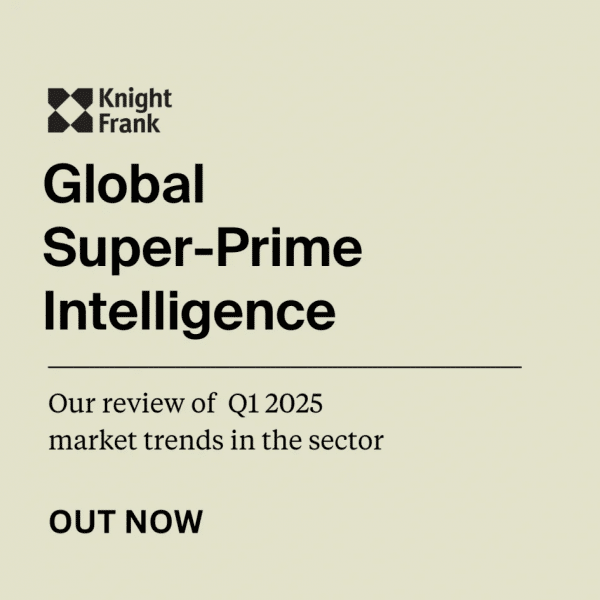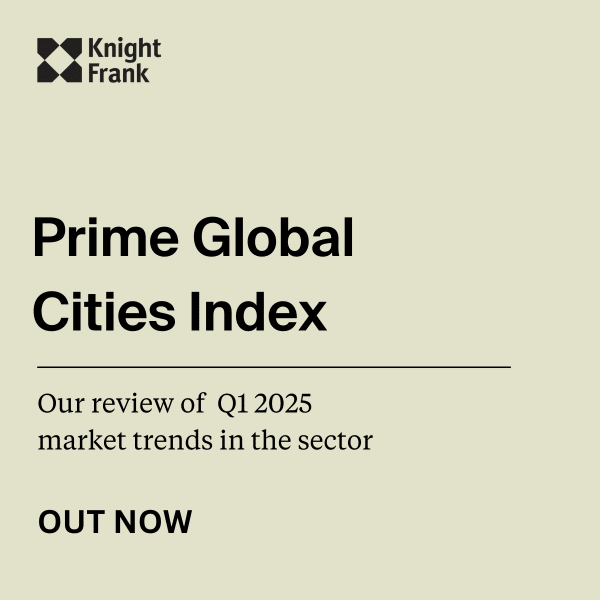Living within our means, a message from Argentina

The second in our series of articles and discussions on the current economic situation and prognoses for the immediate future
What we’re going through at the moment is a bit of a culture shock. For so long we in the West lent money to developing countries and watched them struggle with debt that hung like a yoke around their necks, until we finally made a collective decision to write off their debts and allow them to start with a clean sheet.

The difference is, South America is accustomed to financial turmoil, and the spectre of rapid economic growth followed by a deep financial crisis is one that people in places like Brazil and Argentina had got used to, by the time Argentina bailed out of a debt crisis that came to a head exactly a decade ago.
Can what has happened to Argentina provide some lessons for the rest of us, from Athens and New York to here in Marbella? I think so. Perhaps not so much the decision to bail out of one’s debts, which wouldn’t work particularly well for Greece especially, but the crisis of 1999-2002 did act as a catalyst that made Argentina listen to one of its greatest economic thinkers.
Aldo Ferrer
After decades of being ignored, the message of this prolific academic finally found willing ears when the excesses of borrowing came back to haunt the nation at the turn of the century. In essence, the message contained in texts such as Living Within Our Means is a simple one: if you don’t have it, don’t spend it.
Aldo Ferrer is the first to emphasise that this applies not only to governments, but also to companies and individuals. You may forsake some boom-time growth by keeping your house in order and matching your expenses with your income, but at least the growth you have is real, not borrowed against the future that others are left to deal with.
Just as it is unsavoury for individuals to fall prey to loan sharks, so Ferrer believes it is abhorrent for sovereign states to put themselves at the mercy of the international financial markets. “Until 2000, the government was working on the basis of subordination to global markets and foreign debt,” says Ferrer.
“Argentina lost control of its own reality. The country came through this crisis by establishing control over its own budget, by working within its own means, as I had suggested.” Something Europe would do well to bear in mind as we try to get out of the current situation and attempt to avoid it happening again.
Diana Morales, 22 Aug 2012 - Intelligence
Related Articles

Why do resale properties still dominate the market?
5 min. read · Pia Arrieta

Knight Frank: Global Super Prime Intelligence Report Q1 2025
1 min. read · Pia Arrieta

Prime Global Cities Index Q1 2025
2 min. read · Pia Arrieta

The Wealth Report 2025
2 min. read · Pia Arrieta